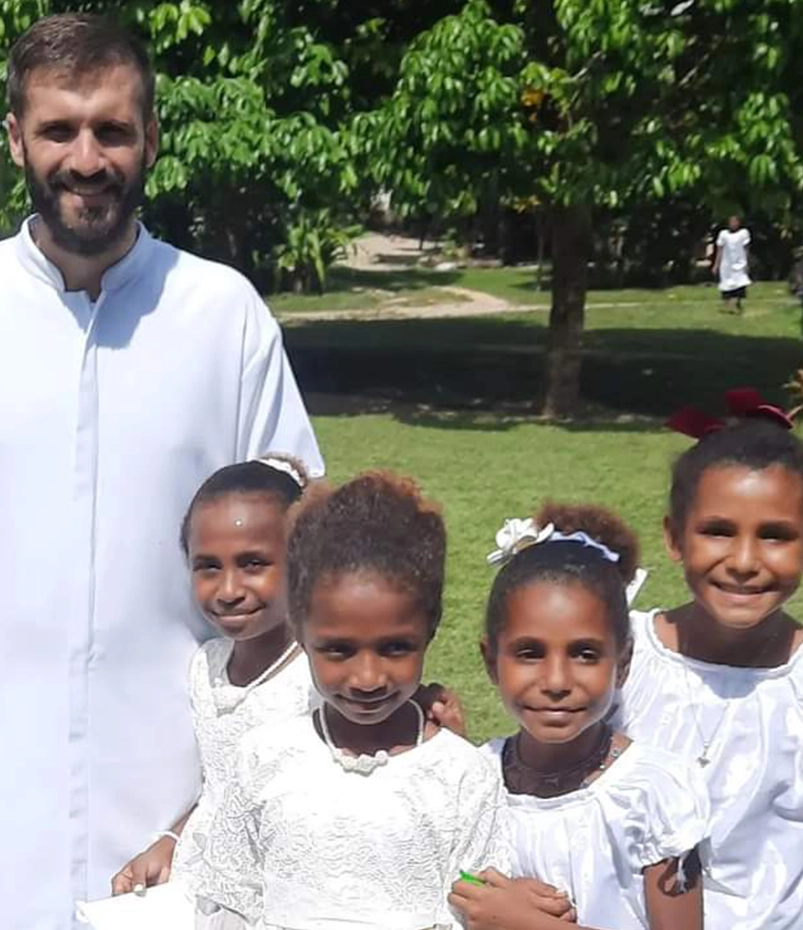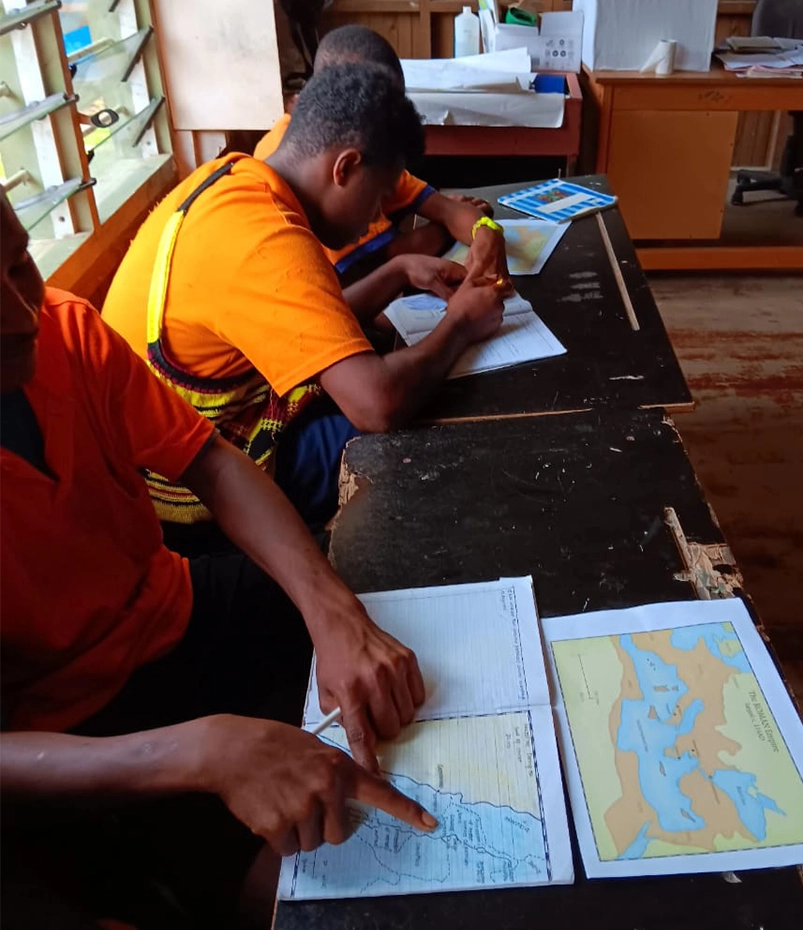The Preventive System
The spirit and discipline we want for our school
In words of St John Bosco, one of the greatest catholic educators:
“There have been two systems used through the ages in the education of the young: preventive and repressive. The repressive approach consists in making the law known to the students and then supervising them in order to detect transgressions, inflicting, wherever necessary, the merited punishment. Using this system, the words and the appearance of the Superior must always be severe and somewhat menacing and he must avoid all friendly relationships with his dependents.
To give greater weight to his authority, the director would need to be seen but rarely among his subjects, and generally speaking only when it was a question of punishing or threatening. This system is easy, less demanding and is especially useful in the army and among adult and sensible people who ought themselves know and remember what is to be done according to the law and other regulations.
Quite otherwise, I would say it’s very opposite, is the preventive system. It consists in making known the rules and regulations of an Institute, and then supervising in such a way that the students are always under the vigilant eye of the director and the assistants, who like loving fathers will converse with them, act as guides in every event, counsel them and lovingly correct them, which is as much as to say, will put the students into a situation where they cannot do wrong.
This system is all based on reason, religion and loving kindness. Because of this it excludes every violent punishment, and tries to do without even mild punishments.
Application of the Preventive system:
The practice of this system is all based on the words of St Paul, ‘Love is patient and kind; it puts up with all things, but hopes all things and endures any disturbance. For this reason, only a Christian can successfully apply the Preventive system. Reason and Religion are the means the educator should constantly make use of, teaching them, making use of them himself if he wishes to be obeyed and to attain his goal.
"The director should be dedicated to his pupils. He should never assume tasks that would take him away from his duties; on the contrary, he should be among his pupils every time they are not taken up with other legitimate tasks, unless they are duly assisted by others."
"The teachers, the technical instructors, the assistants should all be of known moral rectitude. The wrongdoing of just one person can compromise an educational Institute. They should act in such a way that the students are never alone. As far as possible the assistants should precede them to the place where they are required to assemble; they should remain with them until others come to assist them; they should never allow them to be idle."
"Give them ample liberty to jump, run, make a din as much as they please. Gymnastics, music, recitals (of poems, etc.), theatricals, hikes, are very effective methods for getting discipline; they encourage good living and good health. That great friend of youth, St Phillip Neri used to say, "Do whatever you wish; for me it is enough you do not sin."
"Frequent Confession, frequent Communion, daily Mass are the pillars that ought to support an educational edifice, from which one would want to keep at bay threats and violence."
"Exercise the strictest vigilance to prevent there being allowed in the Institute friends, books or persons who carry on bad conversations. The appointment of a good doorkeeper constitutes a treasure for a house of education."
"The director, or someone in his place should offer a few kind words in public, every day, giving some good advice or counsel regarding things to be done or avoided, and let him try to glean these from events that have taken place that day in the Institute or outside.”

Student organizations
and clubs on campus
Public programs every
year
Students living in on-
campus housing

To summarize this excerpt from St. John Bosco, in one word, his Preventive System is charity. The tools it resorts to are reason and religion. The pillars it rests upon are communion and confession. It is to make known the rules and help the pupils to follow them in such a way that they always have a loving guide to assist them. The system is called preventive because it seeks to help the students before they fall into error, and this is done through constant vigilance, which demands charity.
Another word that powerfully describes this approach is a word in Italian that Don Bosco himself invents: “amorevolezza” which means that the students know they are loved. It is not enough to love them, but to make them know they are loved. This is done through sweetness in speech, action and counsels and casting away hurtful words and sarcasm.
Though this system of discipline is demanding, as Don Bosco himself said, the repressive approach would be much easier, we choose this system of discipline because of its effects. It inspires in the pupils a love for virtue and horror for vice, it guides and sustains them along the path of goodness, and keeps them under the protection of a loving assistance. It demands of the educators a heroic and constant desire for virtue and holiness. All of their efforts will be based upon “educating as a Christian, and in this way they will be holy.”[1] This is why Don Bosco would always say “I want for you all to become saints”[2].
[1] Don Bosco educador…, vol.1, 455.
[2] Don Bosco educador…, vol.1, 456.a

